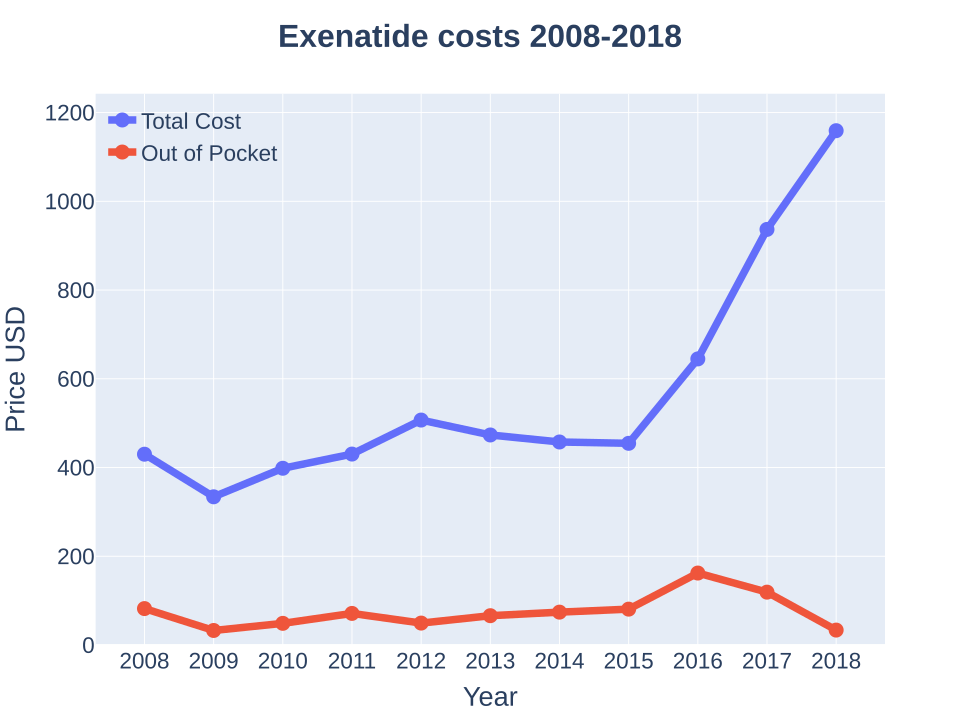Taiwan's HPA Advocates for Increased Colorectal Cancer Screenings

In a significant public health initiative, Taiwan's Health Promotion Administration (HPA) is urging citizens to participate in colorectal cancer screenings, emphasizing the importance of early detection in combating the disease. Colorectal cancer stands as the second-most prevalent cancer type in Taiwan, with a staggering 17,643 new cases reported in 2022, as per data from the HPA’s cancer registry.
According to Dr. Chien-Hsiung Chen, Director of the Health Promotion Administration, "Early screening can drastically reduce the incidence and mortality rates of colorectal cancer. We recommend individuals start screening at age 45, especially those with a family history of the disease."
As of May 2025, nearly 870,000 screenings have been conducted this year, marking a 43.57% increase compared to the same period last year. This surge follows the expansion of eligibility criteria at the beginning of the year, which now includes individuals aged 45 to 74, and those aged 40 to 44 with a family history of colorectal cancer. Eligible individuals can receive a free fecal occult blood test every two years, a non-invasive method to detect hidden blood in the stool, which may indicate cancerous growths.
Colorectal cancer can develop without noticeable symptoms in its early stages, making regular screenings crucial. Studies indicate that biennial fecal occult blood testing can lower the chances of advanced-stage colorectal cancer by 29% and reduce mortality by 35%. Dr. Mei-Ling Wang, an oncologist at National Taiwan University Hospital, asserts, "The five-year survival rate for early-stage colorectal cancer is over 90%. However, this rate plummets to below 20% for stage 4, underscoring the critical need for timely screenings."
The HPA has advised individuals with abnormal test results to follow up with a colonoscopy, which can facilitate the removal of polyps before they develop into cancer. The screening process requires no special preparation or dietary restrictions, making it more accessible for the public. Individuals eligible for the screening should take their National Health Insurance card to a participating hospital or clinic to obtain a sample collection kit.
Furthermore, maintaining a healthy lifestyle, including a balanced diet and regular exercise, is also encouraged to promote gut health. As the HPA continues its campaign, it aims to raise awareness about colorectal cancer and the importance of preventative healthcare measures, driving home the message that proactive health screenings can save lives.
Looking ahead, the HPA plans to enhance public awareness campaigns and outreach programs to further increase screening rates across the population, particularly among younger individuals who may not perceive themselves at risk despite rising incidence rates among those aged 45 to 49. As health officials anticipate ongoing challenges in combating colorectal cancer, the collective responsibility of individuals, healthcare providers, and public health authorities remains paramount in achieving better health outcomes across Taiwan.
Advertisement
Tags
Advertisement





